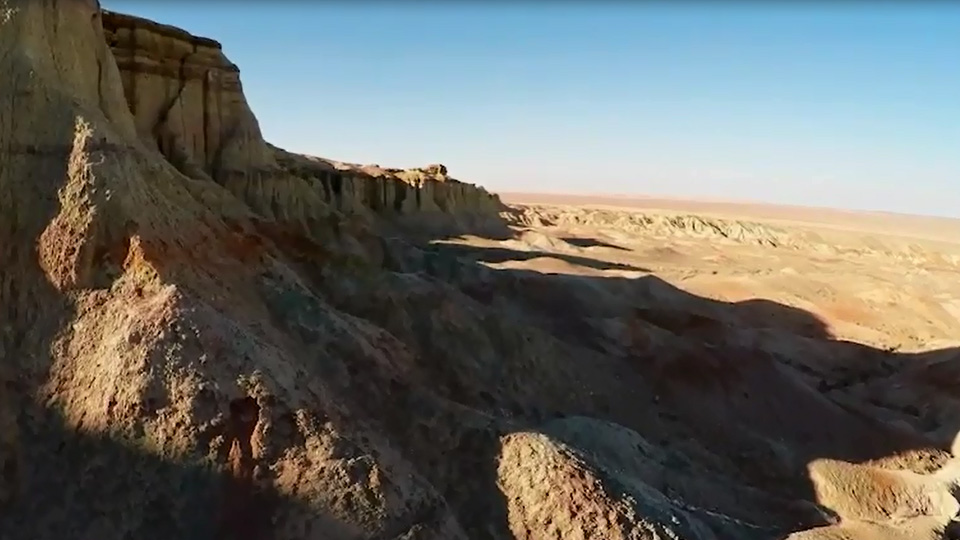China Unicom Xinjiang (Aksu) & Huawei Provide 3G/4G Signals for "Treasure Hunters" in Gobi Desert
The oil exploration team known as the "treasure hunters" tends to spend a few months working and living at drill sites before oil is extracted. Their camps are usually situated more than 30 kilometers away from the nearest base station. However, the landscape is mainly comprised of undulating mountains and steep terrain that interrupts signals and presents significant challenges to offering coverage for such inhospitable environments. In the past, treasure hunters were required to either make expensive satellite phone calls or journey to the nearest county (more than 10 kilometers away) to receive a signal. Internet access in many parts of the world is taken for granted, but for many people communicating with the outside world can be very troublesome.
The construction of base stations across a vast empty wilderness is both costly and time-consuming. The traditional site deployment mode requires operators to lay 44 and a half kilometers of fiber optic cables and build a tower at the height of 30 to 40 meters. A single project can take up to several months and require tremendous cost and resources before the entire endeavor is successfully completed.
Xinjiang Aksu Unicom decided to partner with Huawei to overcome this challenging task of bridging the exploration camp to the outside world as soon as possible. In the Gobi Desert, where the surface temperature exceeds 50 degrees, the two companies combined their efforts and managed to complete the construction within six days.
